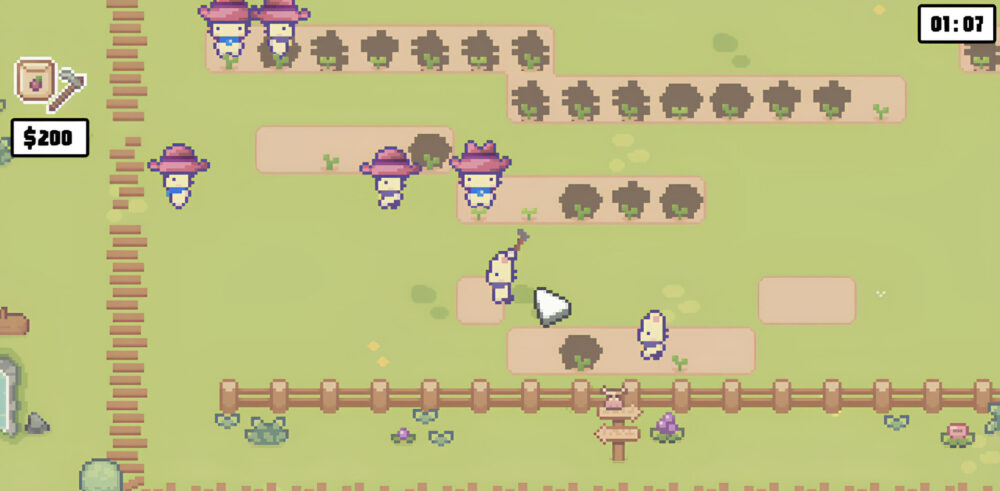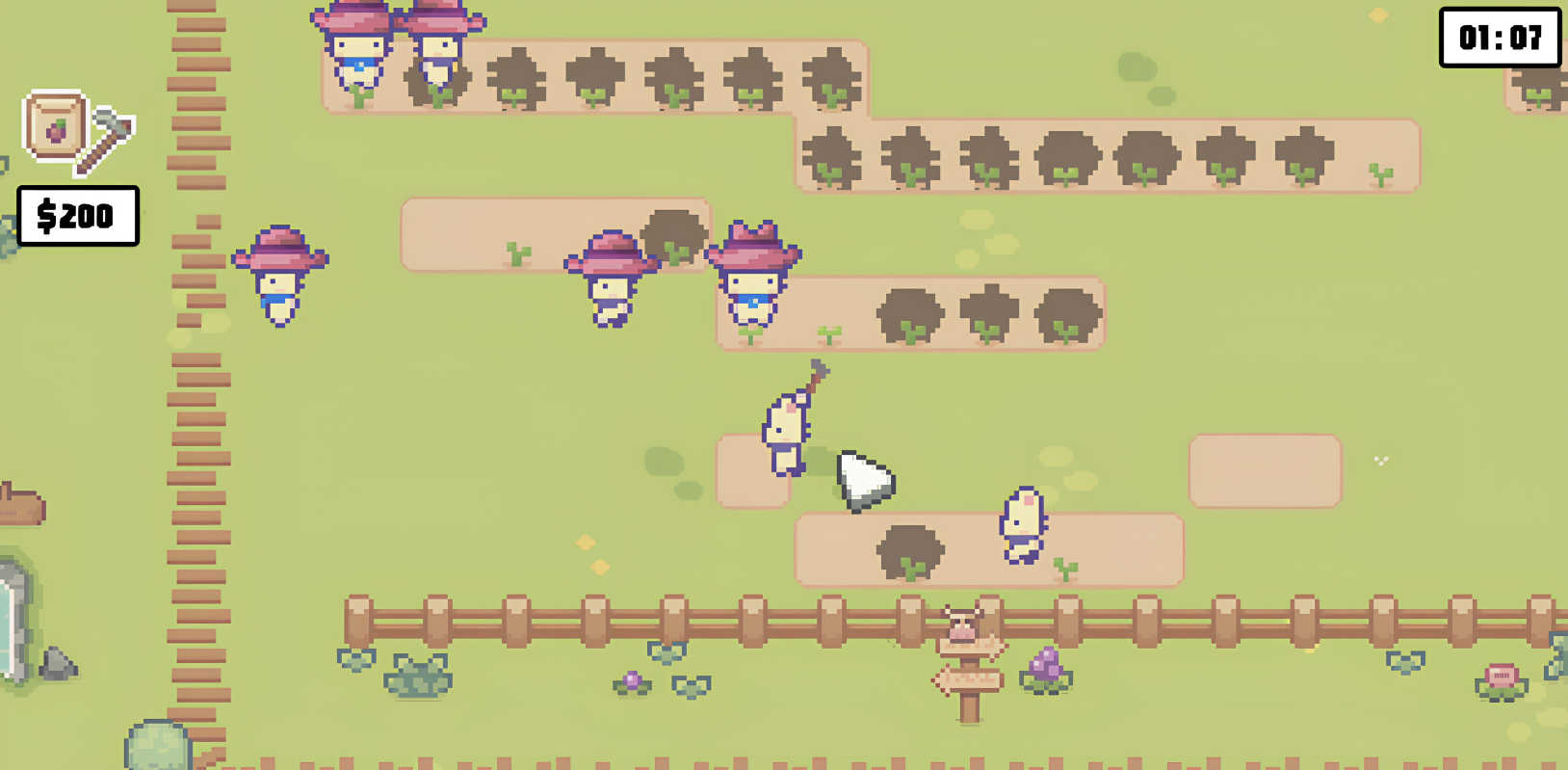Games stimulate us, which is why they can be used to engage people in research. In the NRP80 ‘Covid-19 in Society’, several research groups have opted for this approach and gained challenging and valuable experience in the process.
Most people like to play. Behavioural researchers see in playing games a kind of active learning: those who play explore a (often simulated) world and can thus discover which consequences result from which actions. In the game, you can solve contradictions, crack puzzles – or even die without jeopardising your own real life.
Against this background, it is obvious that games also harbour great potential for research. In the National Research Programme ‘Covid-19 in Society’ (NRP 80) games developed for scientific purposes serve a variety of purposes. Some researchers use games to motivate test subjects to participate in a research project. Others use games to spark discussions about research findings among the public.
In the project ‘Social relationships in a pandemic’, a research group is investigating how people behave as members of a group. The computer game developed by the researchers is primarily a tool for data collection, but it is also designed to be fun for the study participants. On the other hand, in the projects ‘Encouraging public discourse’ and ‘Inequity and wellbeing’, role-playing games are created that are based on the knowledge acquired and invite the audience to engage with the findings in a playful way.
In the virtual farming group
“I’m not a gamer at all,” Alexandra Freund makes clear right at the start of the interview. Together with Urte Scholz, she leads a team in the Department of Psychology at the University of Zurich that wants to use the computer game to “observe health behaviour during the pandemic” without having to recreate the pandemic. In their project, the researchers led by Freund and Scholz are investigating the question of how social relationships influence health behaviour. “Social identities are created in an instant,” says Freund. This can be observed on school playgrounds, for example, where children have no trouble distinguishing between members of their own team and the opposing team when playing ball. “It’s frightening how quickly this sometimes happens,” says the psychology professor.
During the coronavirus pandemic, many people lost confidence in the healthcare system. Some of them “got caught up in a maelstrom” that pulled them deeper and deeper, until even previously very well-behaved and law-abiding people felt compelled to “oppose government guidelines,” explains Freund. To take a closer look at the origins of that maelstrom, the researchers designed a game in which players develop their group affiliation in several steps.
The game is called ‘Der Acker ruft!’. Players put themselves in the shoes of a character who farms with others, sowing seeds, watering plants and then selling tomatoes or cucumbers at the market. PhD student Sophie Kittelberger played a key role in the development of the game. “It was completely new territory for me,” says Kittelberger. For this purpose, she immersed herself deeply in the hobby programming scene, where people anonymously connect to servers to work on parts of the open-source code, usually during their free time in the evenings and on weekends.

Screenshot from the computer game: The hatless character in the middle is not yet a full member of his group of friends or family, the ‘Redhats’. She is therefore not yet allowed to sell products at the market or participate in group votes, for example. She only becomes a full member of the group as the game progresses.
Source: NRP 80, research project ‘Social relationships in a pandemic’
A total of around 70 people were involved in the programming. “It was exhausting and challenging to keep the strings in our hands,” says Kittelberger. She also had to learn to relinquish control and to remain flexible. The result is a game in the currently popular retro look, which “looks completely different to what we had originally imagined,” says Kittelberger. “But in terms of content, it’s exactly what it needs to be: It allows us to create a social identity with a virtual group.”
“At the beginning, you are not yet a full member of the group, only with time do you become more integrated into the community,” elaborates Kittelberger. Your own character acquires a blue necklace and later a red hat, items which “symbolise the fact that you gradually gain more privileges – and also take on more responsibility, such as helping to decide which vegetables should be sold at the market,” explains Kittelberger. The proceeds from the market are used to enable a relocation made necessary by the threat of a volcanic eruption.
The researchers opted for the game scenario with the volcano because they wanted to create a threatening situation “without evoking direct memories of the Covid-19 pandemic,” explains Freund. “We want to prevent these memories from shaping the behaviour shown in the game and thus masking the influence of social identity.”
“The bugs have been fixed,” says Freund. “We are now at the point where we can start collecting data.” The researchers are looking for volunteers to spend 30 minutes per day over the course of three days in the virtual field and complete online questionnaires. “How do people feel in a new community? And how do they find their place in it? This is exactly what we want to find out in this study – in a playful way!” the researchers state on the application form for the study.
Role-playing games with an educational component
For the project ‘Encouraging public discourse’, researchers at the Institute of Biomedical Ethics and History of Medicine at the University of Zurich are collaborating with colleagues from the Swiss Tropical and Public Health Institute in Basel. Their hypothesis is that key moral concepts such as ‘responsibility’ or ‘solidarity’ have different meanings when used by different people or institutions. And that misunderstandings have therefore also contributed to the heated nature of many debates during the coronavirus pandemic.
Using sophisticated, AI-supported methods, the researchers compared how the Federal Council and the Federal Office of Public Health (FOPH) use terms such as ‘freedom’ – and the context in which these terms appear in newspaper articles or in posts on electronic platforms such as Facebook. Based on these linguistic analyses, the researchers are developing a kind of online quiz. A role-playing game is also being planned, says PhD student Franc Fritschi. “A bit like the ‘Werewolves of Millers Hollow’, are you familiar with it?” The role-playing game is primarily aimed at young people aged between 15 and 19. “You slip into the role of a grandmother or the owner of a small bar,” says Fritschi, “and then decide together what to do when a fictitious pandemic breaks out.”
The young people first develop various scenarios – and then “agree on what is a fair solution in the discussion,” explains Fritschi. He hopes that “the game triggers a process of critical reflection” and that the young people “learn to discuss” while playing. The aim is for them to realise exactly what they mean when they talk about freedom or justice. “The game has an educational component,” says Fritschi.
Nolwenn Bühler and Joachim Marti from Unisanté in Lausanne have already developed something similar to what Fritschi has in mind. They are leading the ‘Inequity and wellbeing’ project. In collaboration with specialists in the dialogue between science and society from ‘L’éprouvette’, they created a role-playing game for families with children aged 10 and above for the Open Days at the University of Lausanne. “We did not want the audience to listen passively while researchers gave presentations. We wanted to initiate discussions,” says Bühler.
The role-playing game builds on the insights Bühler gained during the coronavirus pandemic (for a previous research project as part of NRP 78 ‘Covid-19’). Bühler held numerous conversations with her colleagues at the time. She spoke with members of the general public and people who had to continue working for the Swiss Post’s parcel service or at supermarket checkouts during the lockdown. She also consulted with asylum seekers, who had far fewer opportunities to retreat in their facilities – and were therefore particularly affected by the restrictions.
The topic of how the pandemic revealed and reinforced preexisting inequalities is complex and therefore not easy to convey, says Bühler. But by putting themselves in the shoes of Samira, a 16-year-old high school student; Jacques, an 86-year-old pensioner; or Sélim, a 25-year-old asylum seeker – people with different resources and difficulties – the audience develops a sense of certain structural and systemic inequalities in society.
They all have their own mission: Samira prepares for sporting competitions, while Sélim learns French. But the ultimate goal of the game is to get all players through the crisis. “A game makes you feel awake, you want to win,” says Bühler. “If it still ends badly for some of the characters, it leads to a feeling of injustice that doesn’t seem abstract but is experienced personally.”
The anthropologist welcomes this, because “the feeling of injustice motivates people to reflect.” In the discussions that followed each completed round of the game, it quickly became clear that “solidarity between people in the neighbourhood is one of several ways to reduce health inequalities,” says Bühler, while adding that “the public has realised that their own health depends not only on individual decisions, but also on the social environment.”
References:
- NRP 80, research project ‘Social relationships in a pandemic’
- NRP 80, research project ‘Encouraging public discourse’
- NRP 80, research project ‘Inequity and wellbeing’






